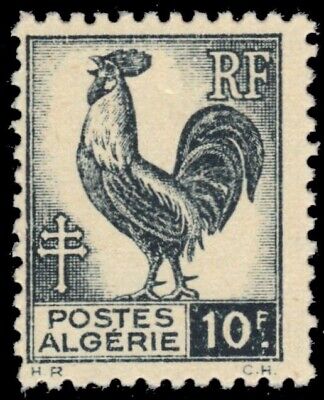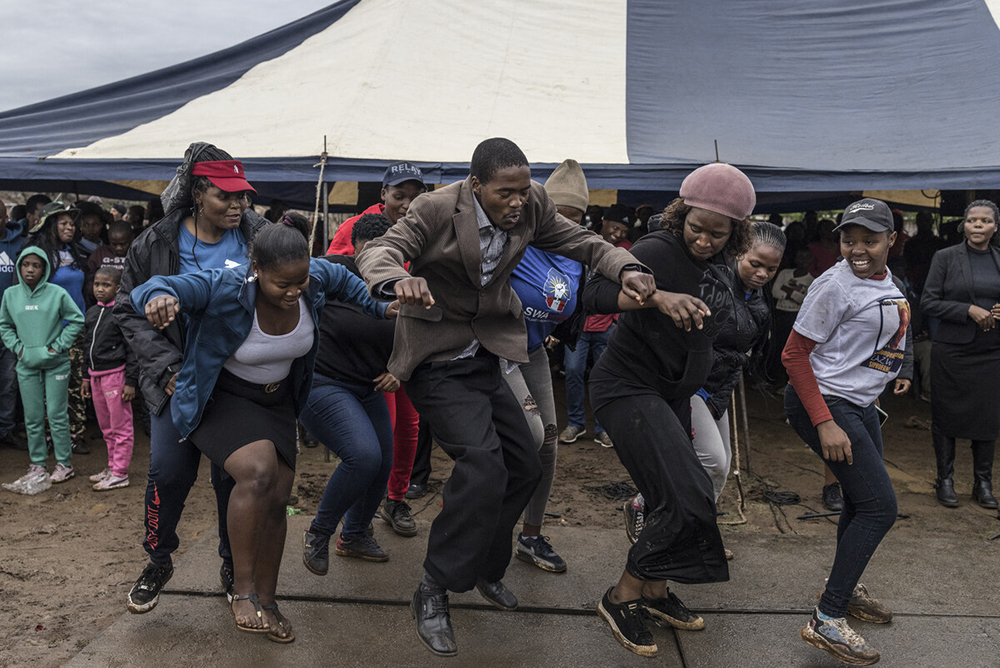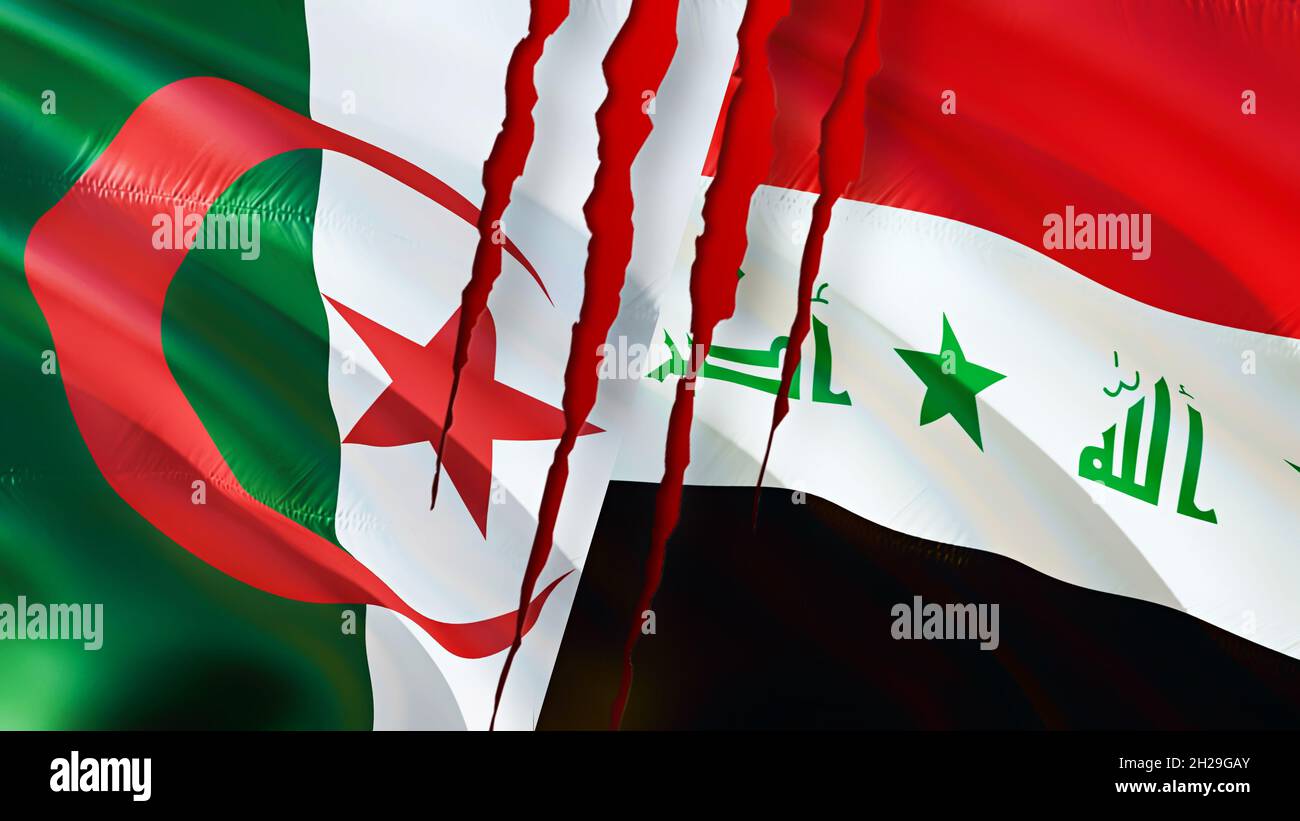The Current Landscape of Algeria: Insights and Developments

Introduction to Algeria
Algeria, the largest country in Africa, holds significant geopolitical and cultural importance in the Mediterranean region. With a rich history that includes influences from various civilizations, Algeria is known not only for its diverse landscapes and natural resources but also for its strategic position at the crossroads of Europe, Africa, and the Middle East. Current events highlight the country’s evolving political landscape and economic struggles, making it a focal point for both local and international stakeholders.
Political Developments
Since the end of the Hirak movement in 2019, which saw mass protests against the former government, Algeria has been navigating a complex transition. In the recent parliamentary elections held in June 2021, many citizens expressed disillusionment with the political process, leading to a low voter turnout of approximately 30%. Despite this, President Abdelmadjid Tebboune is looking to stabilize the country by promoting new constitutional amendments and offering dialogue with various political groups.
Economic Challenges and Opportunities
Algeria’s economy, heavily reliant on oil and gas exports, has faced significant challenges due to fluctuations in global energy prices. Recent reports suggest that the country is working to diversify its economy, focusing on sectors such as agriculture, tourism, and renewable energy. The government’s commitment to addressing unemployment and improving living standards reflects a desire for sustainable growth. In 2023, Algeria’s GDP is projected to grow by 3.5%, according to forecasts from the International Monetary Fund, signaling potential recovery.
Cultural Heritage and Tourism Initiatives
Algeria’s rich cultural heritage, with landmarks like the ancient Roman city of Timgad and the Sahara Desert, offers enormous potential for tourism growth. The government has initiated a campaign to promote Algeria as a tourist destination, targeting both local and international visitors. In 2023, several festivals showcasing Algerian music, art, and cuisine are planned, aiming to bolster national pride and draw attention to the country’s attractions.
Conclusion
As Algeria continues to navigate a complex political and economic landscape, its future remains a topic of keen interest. The commitment to reform and diversification, coupled with a rich cultural narrative, presents both challenges and opportunities. For readers, understanding these dynamics offers valuable insights into not only Algeria’s future but also its role on the broader international stage. With continued focus on economic and political stabilization, Algeria may emerge as a significant player in the next decade, influencing trade, regional stability, and cultural exchange.
You may also like

Wales Online: Your Go-To Source for Welsh News

Exploring the Unique Heritage and Current Affairs of Eswatini
